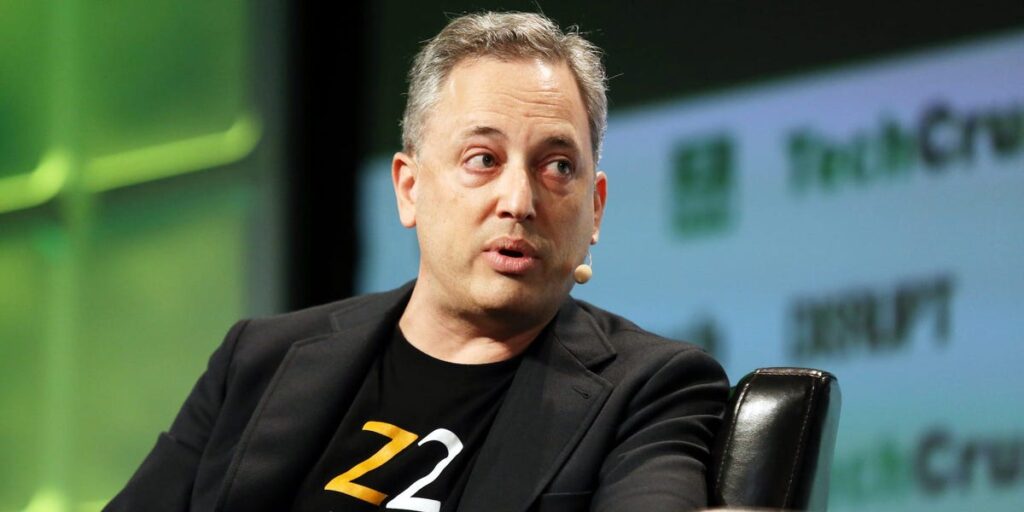David Sacks, the White House’s artificial intelligence and crypto advisor, suggested that a significant productivity increase from AI and robotics could improve the financial outlook for the United States. During an episode of the “All-In” podcast, Sacks expressed uncertainty about whether the recent turbulence in the bond market, attributed to rising US debt, is merely a fleeting issue or indicative of a more severe, long-term trend.
He proposed that technological advancements might provide a solution for policymakers reluctant to tackle the nation’s borrowing issues. “While I’m concerned about the fiscal situation in America, what if the AI and robotics revolution unfolds in a highly optimistic manner over the next decade, leading to substantial economic expansion?” Sacks remarked.
Billionaire investor Chamath Palihapitiya chimed in, pointing out that for such scenarios to materialize, substantial investments in the power grid would be essential—a sentiment that Sacks supported. He questioned whether this new technology could potentially resolve fiscal challenges not currently considered.
This perspective stands in contrast to some more pessimistic predictions from Wall Street. Torsten Sløk, chief economist at Apollo Global Management, noted that the bond market seems to be anticipating a stagflation scenario—characterized by slow growth and high inflation—putting the US economy in a challenging position reminiscent of the 1970s.
While some industry observers highlight the threat of AI and automation displacing jobs, others hold a more positive view. They argue that AI could boost productivity, allowing individuals to accomplish more. Sacks appeared to evoke this growth-oriented perspective, which is also supported by Elon Musk, who envisions extensive automation eventually leading to a “universal high income” where everyone’s needs are met.
Sacks concluded with caution, stating that the future of the nation’s finances and the bond market remains uncertain.


